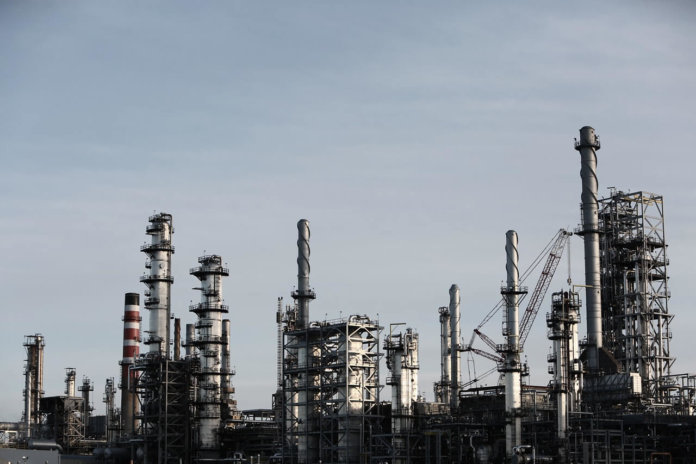
2014 saw the beginnings of a massive drop in oil prices across the world. With the increased global supply thanks to U.S. shale gas, there is more oil available for consumers than ever before.
Even though the prices are falling, oil is still a valuable commodity due to its status as an indispensable natural resource and its versatility; crude oil is used to manufacture several products including gasoline, plastics, and pharmaceutical drugs.
Read on and check out our list of 8 fascinating facts about the oil and gas industry:
1. The first recorded use of pipelines to transport natural gas was in 500 BC, in China. The pipelines were made of bamboo and used to boil sea water and separate the salt from the water.
2. Saudi Aramco, the world’s largest exporter of crude oil, not only owns both the world’s largest onshore and offshore oil fields, but is also the world’s most valuable company.
Although Apple is “officially” the world’s most valuable company at over $700 billion, Saudi Aramco is said to be worth between $1.25 trillion to $7 trillion, dwarfing the value of Apple.
3. John D. Rockefeller, who was a pioneer of the American oil industry, had a fortune of about US$336 billion at the time of his death, which was equal to 1.5% of America’s total economic output.
At one point, Rockefeller single-handedly controlled 90% of the American oil industry.
4. Despite the fall in oil prices, the Organization of Petroleum Exporting Countries (OPEC) pumped 32.1 million barrels a day this June, an increase of 744,000 a day from the previous month.
This increase in the production of crude oil alongside rising inventories in the U.S. is projected to keep oil prices down for the foreseeable future.
5. The US has 4% of the world’s population but consumes 25% of the world’s crude oil.
The Greendex analysis of human consumption shows that Americans consumers demonstrate the least sustainable behavior.
6. Despite people’s tendency to focus on the Middle East when it comes to oil & gas, Venezuela has the largest share of global oil reserves in the world at 17.5% as of 2014.
7. TIME magazine dubbed the Hibernia platform, a Canadian offshore oil field, as the “eighth wonder of the world.”
It is the largest object to ever be towed, at 1.2 million tons.
8. The largest environmental fine in U.S. history is $18.7 billion, which was given to BP for its oil spill in the Gulf of Mexico in 2010, the worst offshore oil spill ever in the U.S.









